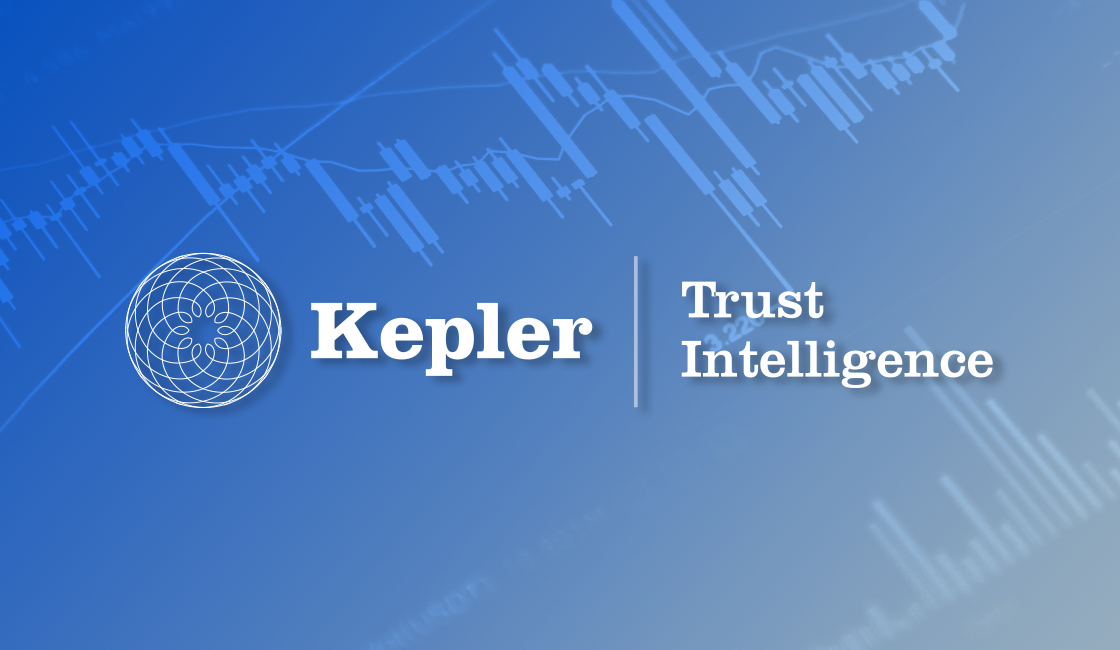In every hype cycle there is an element of truth. The internet boom and subsequent bust put a lot of companies out of business. But it also created some of the best companies of all time and was transformative to the world, which is now highly dependent on the online economy.
The Artificial Intelligence (AI) hype cycle is no different. We do not yet know if generative AI will be as revolutionary as people think. And though many companies are trying to sell themselves as AI beneficiaries, only a select few will emerge as the real winners. Even so, we are finding plenty of fundamental investment opportunities abound.
The demand is already there. Nvidia (NVDA) proved this in their most recent earnings report, which showed Q2’23 revenue guidance more than 50% above the street. The magnitude of increase was astonishing, and it is fair to say that AI-driven demand showed up much earlier than investors expected. This result led to one of the biggest one-day gains in market cap ($184 billion) in the history of the stock market.
We expect that the AI cycle will develop in a similar way to the mobile internet. Semiconductors & infrastructure names will benefit first and then software & services.
Within semiconductors, the likely beneficiaries in computing are NVDA and to a lesser extent Advanced Micro Devices, which is far behind the former in Graphics Processing Unit (GPU) capabilities. If you wanted to start an AI company, then one of your first moves would be to secure GPUs. The AI cycle should also drive demand for networking solutions from companies such as Broadcom and Arista Networks. As companies take on bigger and more sophisticated computing, they will need to make sure their machines can communicate as accurately and quickly as possible. Memory stocks such as Samsung and SK Hynix are also likely to benefit as high performance computing also requires high performance memory. Further upstream, companies related to chip development such as Taiwan Semiconductor, ASML and Synopsys should also gain from demand from above.
In the context of AI, gains in infrastructure are likely to benefit the cloud service providers the most. While some companies – AI-specific ones – will build their own systems, most companies that want to leverage AI will probably do so through the cloud companies they are already partnered with. These include Microsoft, Amazon and Google. Aside from the big three, other infrastructure companies that could profit include Meta Platforms (META). META does not provide cloud computing services, but it does have the right infrastructure & data to continue powering its already impressive AI capabilities.
Finally, we come to the software companies. With ChatGPT taking the world by storm, a lot of the interest has been around generalized generative AI capabilities. In other words, using ChatGPT to answer a variety of questions from a variety of domains. While we certainly see the value in this, we expect that generative AI will eventually become more domain-specific. A good example of this is BloombergGPT. This is a large language model specifically tailored to finance applications. We expect the same thing to happen in areas such as client relationship management & customer service, design and IT. The companies in these areas that are the best positioned are the ones with the best domain-specific data. Therefore, we would not be surprised if Salesforce, Adobe and ServiceNow were some of the first software names to benefit from the AI trend.
Other areas that should gain are cybersecurity and infrastructure software leaders. As the world continues moving to the cloud, there will be more “attack surfaces” (e.g. Networks, applications, servers, etc.) that are vulnerable to security breaches. This will necessitate more spending on cybersecurity capabilities from companies such as Palo Alto Networks. Especially considering that companies often have critical intellectual property and client information online. Infrastructure names such as MongoDB and Datadog should also benefit as the rapid growth in data and computing prompts users to seek out the best solutions for modern databases and cloud monitoring.
While we would call ourselves cautiously optimistic, we are more optimistic than cautious. Worries about mass layoffs are likely overblown as AI’s development will likely create a multitude of new roles while enabling much greater productivity in existing ones. We would be remiss not to be concerned about the accelerating pace of AI development. This has been highlighted by various industry experts such as the University of Toronto’s own Geoffrey Hinton. Even so, we do not agree the risk is existential and cannot help but remain optimistic about AI’s potential to benefit society, not only in technology but also across other sectors such as health care and industrials. Many will fail but a select few will emerge as the AI champions. As we can see above, there are plenty of real companies to chose from, with real demand drivers and well-above-market earnings growth potential. For investors wondering if they already missed out, we would note that if history is any guide, then missing out on the first year of a new secular growth theme does little to diminish longer-term returns for the eventual winners.
Shane Obata is a portfolio manager at Middlefield Capital Corporation, the Advisor to the Middlefield Innovation Dividend ETF

Whether you have specific investment inquiries or general questions about Middlefield, our team would be glad to help.
Contact us












